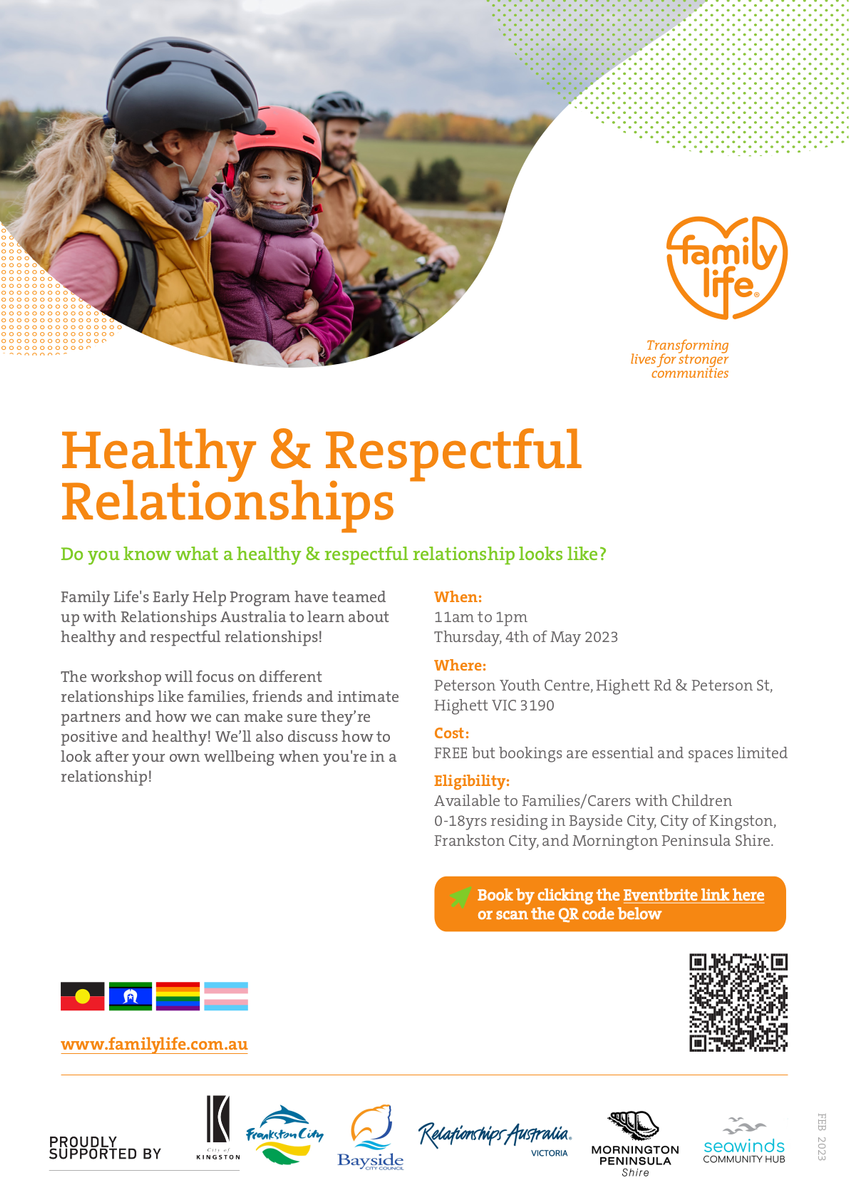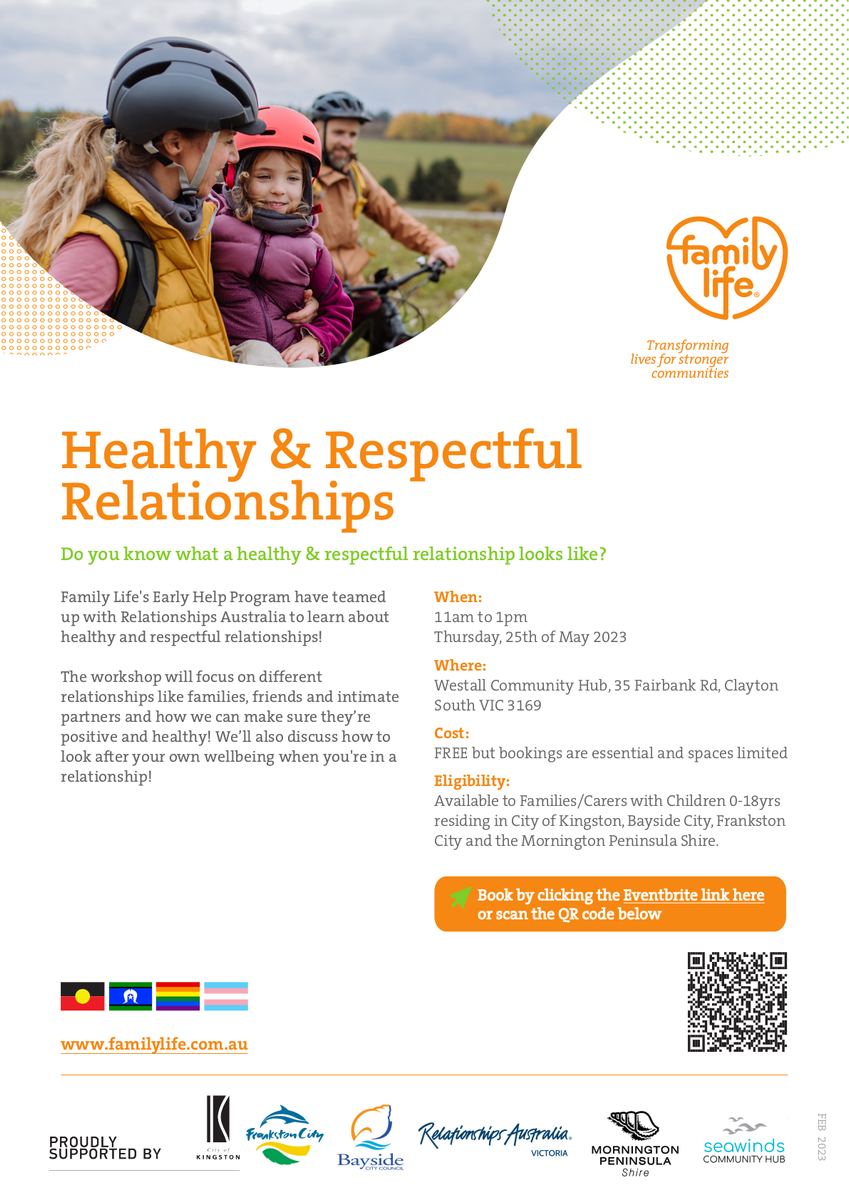Wellbeing & Health

Holiday Times
Holidays can be challenging. Without routine, it's still important to stay healthy and look after yourself.
https://headspace.org.au/explore-topics/for-young-people/stay-healthy-over-the-holidays/
Supporting Your Young Person During the School Holidays
Holidays can take students away from friends and their usual school supports. Changes to routine can cause some young people to feel stressed, isolated and alone. Parent support is very important at this time. In the link below is some information to help you support young people to stay in a healthy headspace in school holidays. There is also some information that may help you to identify when your young person might need some extra support and where to go for help.
Youth Support Services: Headspace: 1800 605 890 or https://headspace.org.au/eheadspace between 9am – 1am Kids Helpline: 1800 55 1800 or kidshelpline.com.auReachOut: reachout.com.auBRAVE Program: brave-online.com SANE Australia: 1800 187 263 or sane.org
National Crisis Services: Kids Helpline: 1800 55 1800 or kidshelpline.com.au available 24/7 Lifeline: 13 11 14 or chat online from 7am – 12am at lifeline.org.au or text 0477 131 114 between 6pm – 12am Suicide Call Back Service: 1300 659 467 or suicidecallbackservice.org.aubeyondblue: 1300 224 636 or beyondblue.org.au
Family violence support:
Safe Steps: 1800 015 188 www.safesteps.org.au
1800RESPECT: 1800 737 732 www.1800respect.org.au
Sleep Health for Students
While we know sleep is essential for good health, research shows that many children and young people are not getting enough sleep on school nights. This can affect thinking, concentration, memory, reaction times and mood.
Research shows about 12% of primary school-aged children, a quarter of 12 to 15 year olds and half of 16 to 17 year olds don’t get enough sleep on school nights. The recommended amount of time to sleep for primary school-aged children is 9 to 11 hours. For teenagers, it’s 8 to 10 hours.
Signs that your child is not getting enough sleep can include:
- low mood and irritability during social interactions
- reluctance or arguing about getting off devices and going to bed
- falling asleep during the day
- difficulties waking up for school and sleeping in late on weekends to catch up changes to communicating or interacting at home.
You can help your child to improve their sleep by:
- establishing a regular sleep pattern and consistent bedtime routine
- supporting them to avoid using electronic devices such as smartphones before going to bed and in bed
- encouraging your child to exercise and spend time outside in daylight, steering clear of vigorous activity in the hour before sleep
- encouraging them to wind down and relax before going to bed.
If your child is still having trouble sleeping, has persistent problems with low mood, excessive daytime sleepiness, restlessness in bed, severe snoring or wakening unrefreshed, despite getting adequate length sleep, they should see a doctor.
For more information on sleep health, you can refer to:
- Sleep tips for children and Facts about sleep for parents and school staff, from the Sleep Health Foundation
- Why sleep is so important, from the Kids Helpline’s
- Sleep explained, from the Better Health Channel.
ESafety for Young People
Bullying online
Bullying online, or ‘cyberbullying’, is when someone uses the internet to be mean to another person so they feel bad or upset. No one deserves to be bullied online.
In short:
- Bullying that happens online can harm the mental and physical health of the person targeted.
- It can happen in any kind of online communication, including posts, comments, texts, messages, chats, livestreams, memes, images, videos or emails.
- Often bullying content can be removed by the site, game or app used to send it, if you report it to them. But if they don’t help, eSafety may be able to investigate and ask them to delete it.
For more information see: https://www.esafety.gov.au/young-people/cyberbullying
ESafety for Parents
A guide to online bullying for parents and carers.
Cyberbullying of children is when someone uses online content or communication to seriously humiliate, seriously harass, seriously intimidate of seriously threaten a child or young person under the age of 18.
It can take many forms including sending abusive messages, hurtful images or videos, nasty online gossip, excluding or humiliating others, or creating fake accounts in someone’s name to trick or humiliate them.
Online bullying can have a devastating impact on young people, whose online life is a key part of their identity and how they interact socially.
Signs to watch for:
- being upset after using the internet or their mobile phone
- changes in personality, such as becoming more withdrawn,
anxious, sad or angry - appearing more lonely or distressed
- unexpected changes in friendship groups
- a decline in their school work
- changes in their sleep patterns
- avoidance of school or clubs
- a decline in their physical health
- becoming secretive about their online activities and
mobile phone use.
For more information see: https://www.esafety.gov.au/parents/issues-and-advice/cyberbullying
Parent Workshop
Headspace National Opportunity for 16-25 Years
What is hY NRG?
The headspace Youth National Reference Group (hY NRG) is a paid casual role for 20 diverse young people aged 16-25 from across Australia to shape headspace National services, campaigns and projects. This is an 18-month term starting August 2023 and will feature regular online and in person meetings, workshops and training. Young people will get to:
- Share expertise and lived experience to inform headspace's work
- Participate and be involved in shaping headspace campaigns, projects and programs on youth mental health
- Develop skills and experience in public speaking, media, project management, advocacy, safe storytelling and facilitation
- Connect with a community of likeminded young people across the country
What's involved?
- Monthly online meetings with the Participation and other hY NRG members
- In-person meetings in Melbourne (3-5 days) - approximately every six months. We'll provide plenty of notice and all travel costs are covered by headspace
- Participating in a range of internal projects, working groups, consultations, committees and media campaigns
- Staying connected through online communications - group chats, email, video calls and texts
Detailed information and link to apply can be found HERE.
Kingston courses and youth connections
Kingston Youth Services programs are open to people between the ages of 12 and 25 years & connected to the City of Kingston (live, work, study).
Platform 81 – 81 Albert Street, Mordialloc 3195
The Money Matters Workshop will increase practical financial literacy skills for young people. Topics covered in this workshop include: budgeting, saving and borrowing, investing in shares, Superannuation, and preparing to move out of home. These workshops help solve 'real world' money queries that young people face now with the aim of increasing knowledge and wealth.
For more information see link
Fully Funded Short Courses Program
Kingston Youth Services believes in being 'here for young people', that includes doing what we can to help overcome or eliminate the barriers and challenges often faced by young people seeking employment.Each term a limited number of spots are offered to young people to complete an accredited short course fully funded. By taking part in this, young people seeking employment are supported to gain new skills or upskill to position them to be more competitive when looking for work.
Drop In
Platform 81 is open for drop in on Tuesday and Wednesday afternoon (2:30pm-5:30). Platform 81 is a fun, inclusive and safe space for young people to engage with our Youth Work team and participate in a variety of scheduled activities designed to promote social opportunities.
For more information visit: Platform 81 Drop In - Kingston (kingstonyouth.org.au)
Wellbeing Team


